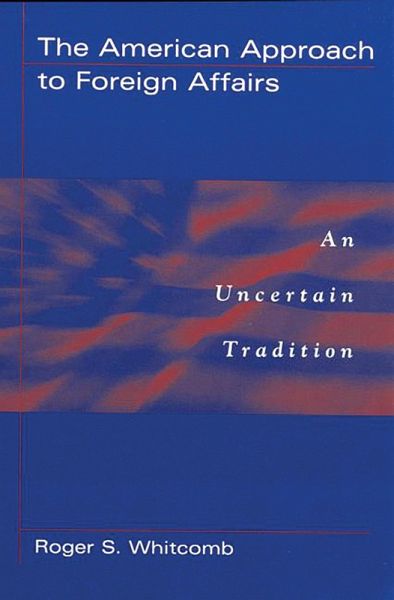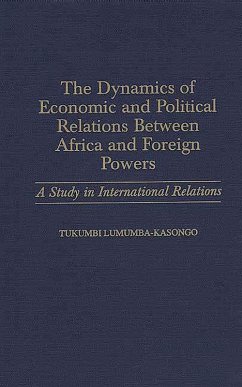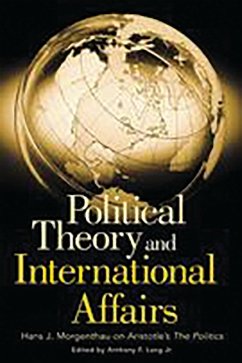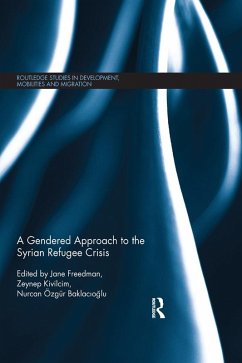
The American Approach to Foreign Affairs (eBook, PDF)
An Uncertain Tradition
Versandkostenfrei!
Sofort per Download lieferbar
28,95 €
inkl. MwSt.
Weitere Ausgaben:

PAYBACK Punkte
14 °P sammeln!
America's foreign relations tradition, for all its successes, has not always served the American people well. Utilizing tradition as a framework of analysis of the historic American approach to foreign affairs, this book critically examines the country's international conduct over time, leading to a number of provocative and controversial conclusions. The first section deals with ideas, ideals, and ideology in American history that provide a context and value structure that have long conditioned the American people's conception of the world. The second part critically examines the problematic ...
America's foreign relations tradition, for all its successes, has not always served the American people well. Utilizing tradition as a framework of analysis of the historic American approach to foreign affairs, this book critically examines the country's international conduct over time, leading to a number of provocative and controversial conclusions. The first section deals with ideas, ideals, and ideology in American history that provide a context and value structure that have long conditioned the American people's conception of the world. The second part critically examines the problematic American national style of interacting with others. The nation's parochial approach to problem-solving is explicated in the third section. The fourth part centers upon the country's historic isolationist-interventionist impulse--a two-sided, often contradictory dynamic. The fifth section is an extended analysis of the country's approach to alliance-building after World War II as a case study of its approach to foreign affairs in the past. The final section proposes that America's traditional values and decision-making style have often been incompatible, and this contradiction has brought forth the exorcising role of violence in American's relationships with others.













